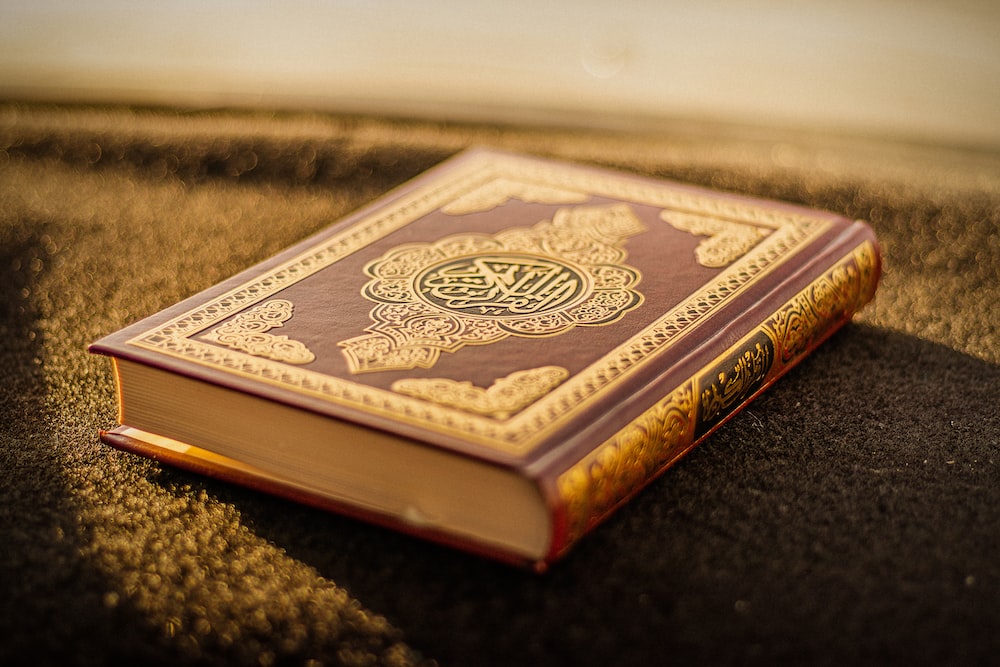The Qur’an has stood the test of time. Hundreds of millions around the globe have memorised this holy scripture from cover to cover. Its teachings are a way of life for the nearly two billion Muslims.
This is no exception amongst South African Muslims. Although making up just a fraction of the country’s population of 60 million, its teachings are manifest in the actions of many.
Imam Abdullah ibn Kadi, an Indonesian incarcerated in South Africa for political reasons, transcribed the first Qur’an in South Africa in 1794. It has been respected, honoured, lived and honoured for hundreds of years in this far-flung land.
“In the past,” says Shamshad Sayed from the South African National Quran Council (SANQC), “it was the youth that were learning the Qur’an and by a certain age, you’re done.” But this has since changed, with what she describes as a “beautiful, irreversible” trend.
SMread: Grief and solidarity after the Marshalltown tragedy
Hifdh
Sayed said a heartwarming number of people are excited to learn and love the Qur’an. While in the past, students enrolling in hifdh classes – a structured memorisation programme – were predominantly youth, different age groups are beginning to show an interest.
“We are finding there is a trend, a beautiful, irreversible trend of living [and] loving the Qur’an. One of our very inspiring role models is Dr Aafia Siddiqui, who lived and loved the Qur’an. She didn’t only know the Qur’an; she knew the Bible, she knew the Torah, because in order to defend the Qur’an she needed to know all the other books.”
Referring to a number of people who reverted to Islam after reading just a few lines, she emphasised the importance of stealing every opportunity to read it.
“It’s an opportunity to look deep in ourselves and ask ourselves how much respect we accord to the Qur’an, which Allah (S.W.T) Himself has spoken of. It’s His word,” she said, adding it was time to “make the Qur’an the core of our lives, the mainstay of our lives, the beginning of the day and the end of our day.”
In the present age, she said, there are far more opportunities to learn and connect with the Qur’an. “I urge every woman, man, child, youth and pensioner … It’s never too late to memorise the Qur’an, or at least to read it.”
